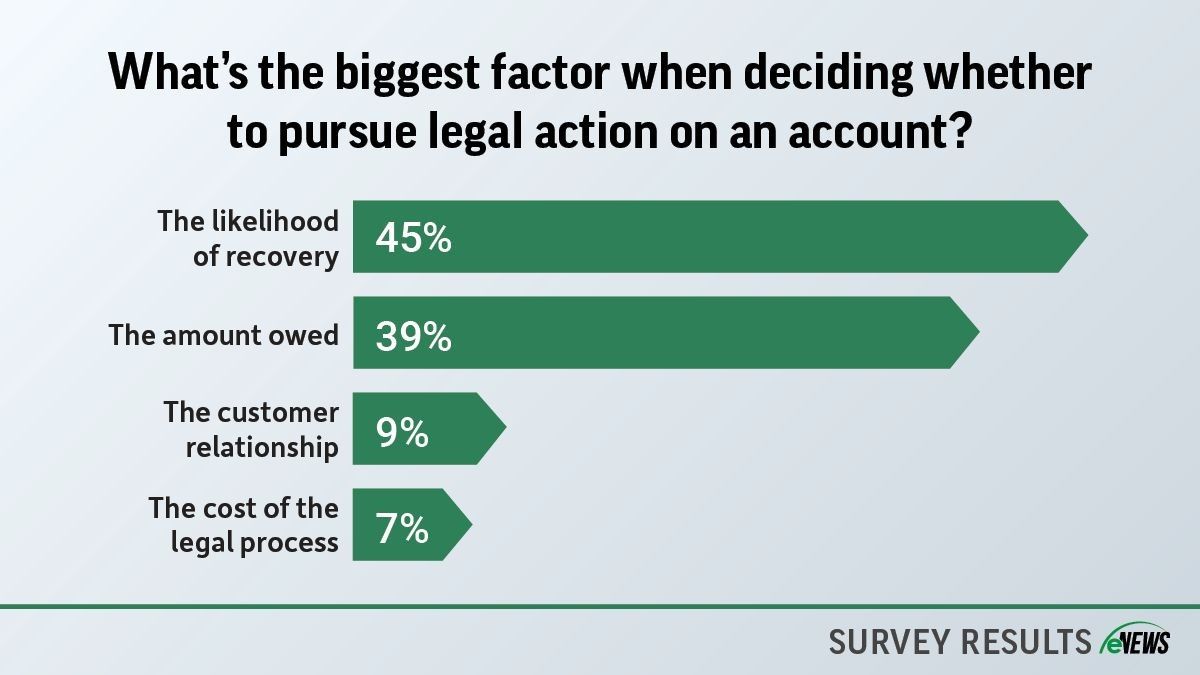eNews, Technology
Remedies for Customer Payment Portal Pain

Customer payment portals have become a seemingly permanent aspect of B2B trade with the growth of the internet and technology. These portals, such as Ariba or System Applications and Products in Data Processing (SAP), make it easier for the customer but often more difficult for the credit department.
“After making a credit decision, we make sure the division that will be selling to the prospective customer is aware that the company is wanting us to use a portal,” said Nate Yagle, vice president of credit at Premier Companies (Seymour, IN). “There is always a cost, whether a fee, labor or time, that is involved with using the portal. The credit department needs to make a decision as to if there is enough volume and revenue from the deal to make it make sense and cents. Our credit department doesn’t actually log in and submit invoices to these portals. It is up the department’s administration team, so ultimately, we leave that decision to them.”
One common challenge between portals and credit managers is the additional manual work that goes into the process because of technical issues. Glitches or compatibility issues with certain devices can hold back the ability for customers to make their payments or update account information. Chelsea Hirn, credit operations manager at KGP Companies (Faribault, MN) said one of the biggest concerns her team comes across is with the technical side of portals. Some portals are not very user-friendly, she explained.
“Certain portals are difficult to navigate in the sense of either taking a long time to load or having to be extremely particular with inputting information. If you’re off by one penny because of a rounding issue, it can jam up hundreds of invoices,” Hirn said. “Sometimes, Ariba won’t even let you input an invoice, it will reject it right away so you can’t get it in and you also cannot backdate invoices.”
In any instance of a technical issues or system glitches, it is important for your IT department to be on standby, especially working with customer portals. “Our IT department is very helpful in retriggering lost information, especially if they’re EDI,” Hirn added. “It is vital that we have stuck close to our IT department and have a great relationship with them because they are fully aware of issues with portals that can potentially happen.”
In addition to having your IT team on standby, it is a good idea to monitor the account and get to know your customers. Know the ins and outs of how different customers have different setups and how the setups coincide with your customers’ preference of receiving their invoices to be overall more effective.
Some credit professionals have turned down customers who have requested to use portals because the cons outweigh the pros. Portals are customizable, which is great for the customer who makes those changes; however, it leaves credit departments with little-to-no control on the process of invoicing.
“If you put this responsibility on your inside sales team or an admin in operations, they don’t care whether an invoice gets paid or not because it doesn’t impact them,” said Anne Scarcella, CCE, CCRA, credit manager at Crawford Electric Supply Company, Inc. (Houston, TX). “We do push back on portals that are very expensive and we negotiate with the customer on who will pay the extra fees that are based on the dollar amount of the contract in advance. Knowing about portals before going in is very important when doing your customer setup process. You must know if this is a customer that requires that kind of handling.” service sector data and graphics, view the October 2023 report. CMI archives also may be viewed on NACM’s website.





